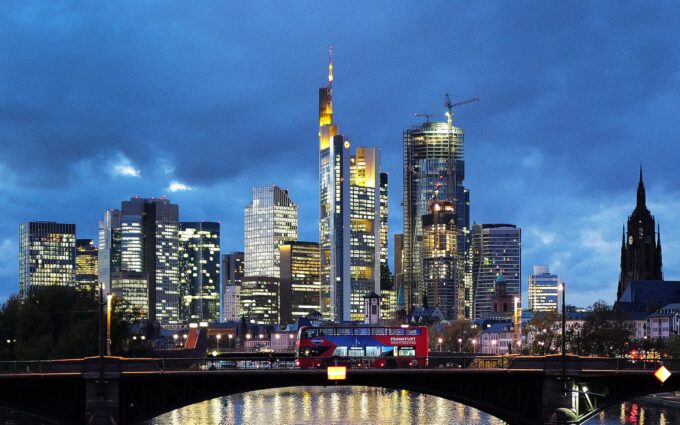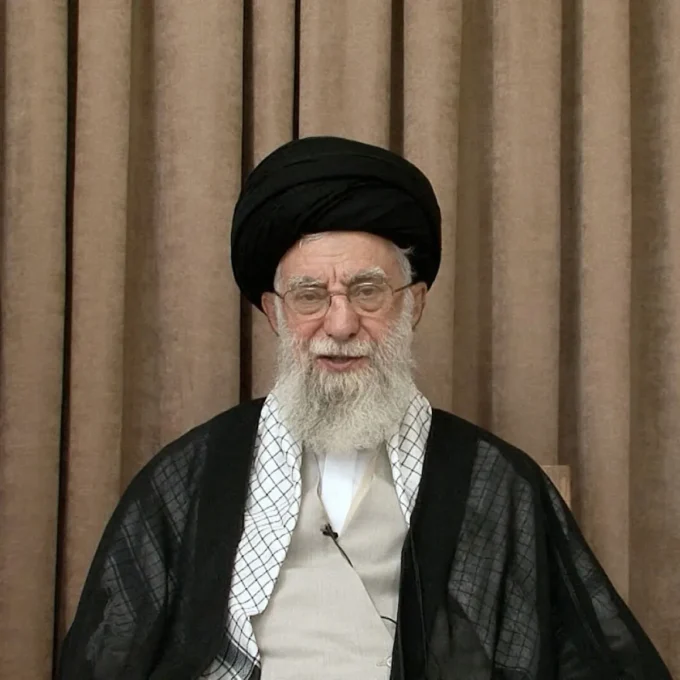After days of national mourning, solemn memorials, and powerful tributes, Kenya has laid to rest Raila Amolo Odinga, the former Prime Minister and iconic opposition leader whose life’s work helped shape the country’s democratic path. His burial in Bondo, Siaya County, drew massive crowds and global attention, marking the end of an era in African politics.
From Nairobi’s Uhuru Gardens to the lakeside streets of Kisumu, the country stood still in remembrance. The atmosphere was heavy with emotion, filled with the sounds of liberation songs, traditional drums, and chants of “Baba! Baba!” the affectionate name millions of Kenyans used for him. For many, this was more than a state funeral; it was a moment of national reflection, a farewell to a man who defined Kenya’s political courage and persistence.
Odinga’s flag-draped casket made its final journey through Kisumu city as thousands lined the roads, waving, singing, and weeping. Elderly citizens recalled his fearless fight during the oppressive single-party era, while the youth celebrated his lifelong push for equality, justice, and opportunity. The emotional scenes were a testament to his influence across generations.
At the burial in Bondo, political allies, long-time rivals, and global dignitaries gathered under one canopy in a rare show of unity. Leaders from across the political divide praised Odinga’s courage, his sacrifices, and his relentless belief in a fair and inclusive Kenya. Many described him as the conscience of the nation, a man who refused to give up even when the road to reform was long and uncertain.
Born into a family of leadership, Raila Odinga followed in the footsteps of his father, Jaramogi Oginga Odinga, but carved his own legacy through bold activism and visionary politics. He spent years imprisoned and exiled for his pro-democracy stance, yet remained steadfast in his pursuit of constitutional reform and social justice. His fingerprints can be seen in every milestone of Kenya’s democratic journey — from the fight for multiparty politics to the landmark 2010 Constitution that reshaped governance and devolution.
Though he never ascended to the presidency despite multiple attempts, Odinga’s imprint on Kenya’s political, social, and economic landscape is undeniable. He was a unifying figure in times of division, a reformist during turmoil, and a symbol of persistence in the face of political adversity.
As his casket was lowered into the red earth of Bondo, an eerie silence gripped the crowd. For a brief moment, Kenya’s usual political divides vanished, replaced by collective reverence for a man who gave his life to public service. Mourners from all walks of life stood shoulder to shoulder, united by a shared sense of loss and gratitude.
His widow, Ida Odinga, delivered an emotional tribute, describing her husband as “a man who lived for Kenya, gave his strength to its people, and never stopped believing in its promise.” Her words drew tears and applause from the thousands in attendance.
Flowers, national flags, and soil from across Kenya were placed on his grave — a powerful symbol of the unity and hope he always championed.
As night descended over Bondo, the skies mirrored the solemn mood of the nation. The crowd began to softly sing “Tawala Kenya, Tawala” (Rule Kenya, Rule), one of Odinga’s cherished liberation hymns. It was not a political chant, but a heartfelt goodbye to a man who had become the heartbeat of Kenya’s democratic struggle.
Raila Odinga’s passing marks the close of a defining chapter in Kenya’s history, but his legacy continues to inspire. His ideals of justice, accountability, and people-driven leadership remain deeply rooted in the nation’s conscience. His influence will live on in the generations of young Africans who believe, as he did, that freedom, equality, and good governance are worth every sacrifice.
For Kenya and for Africa, Raila Odinga’s name will forever stand as a symbol of courage, conviction, and hope.














Leave a comment